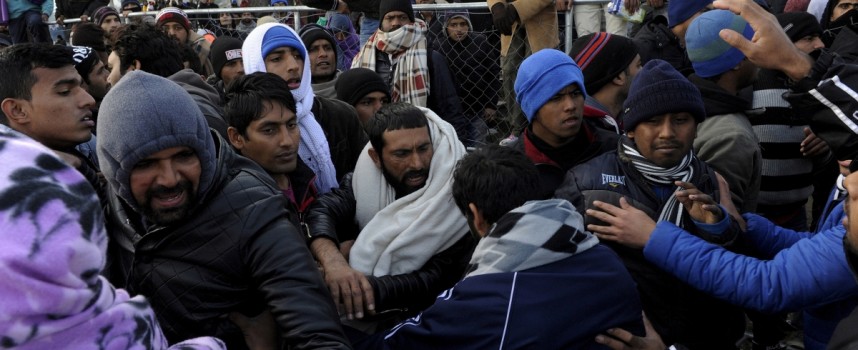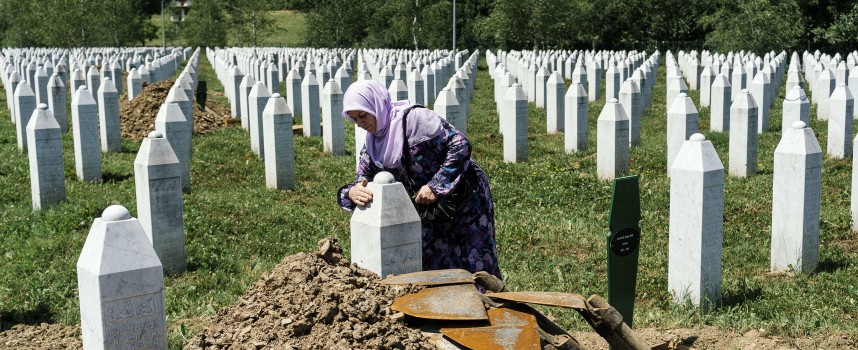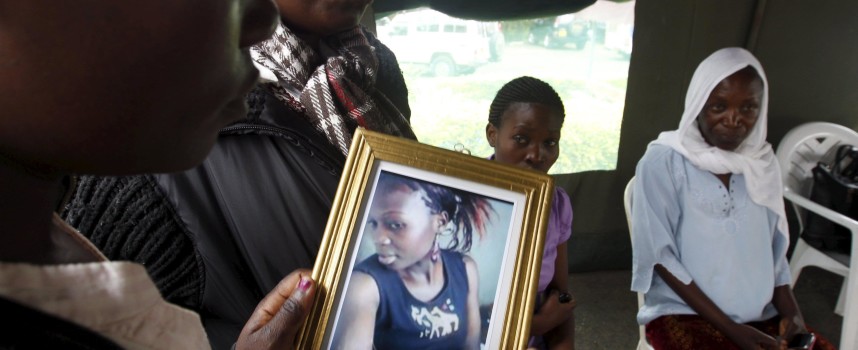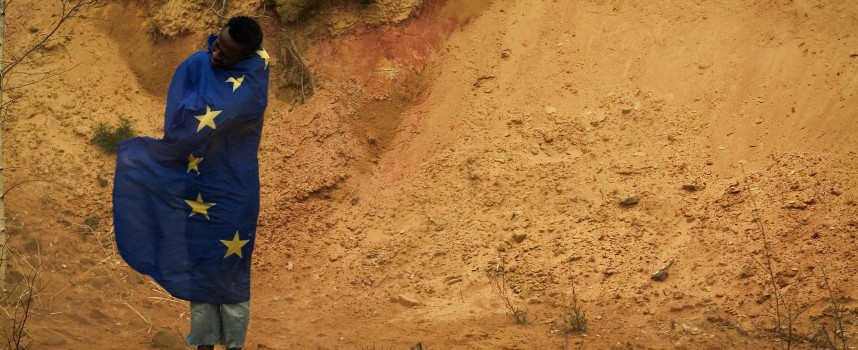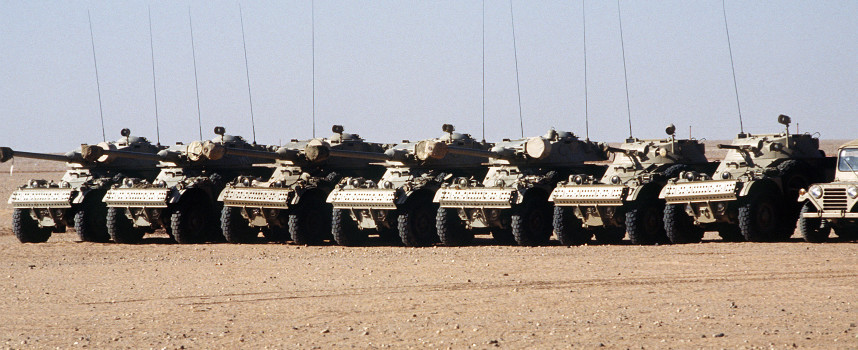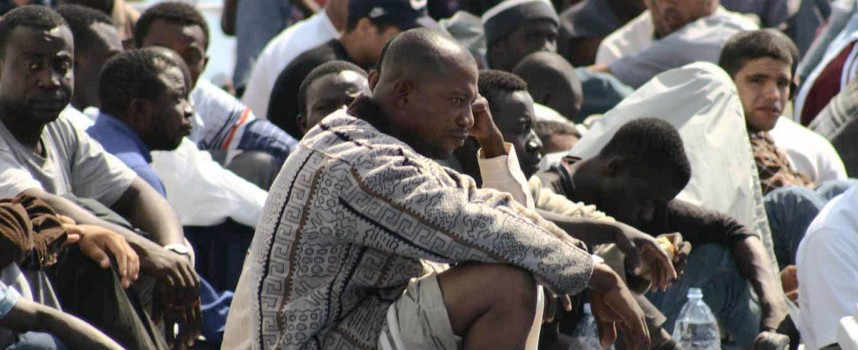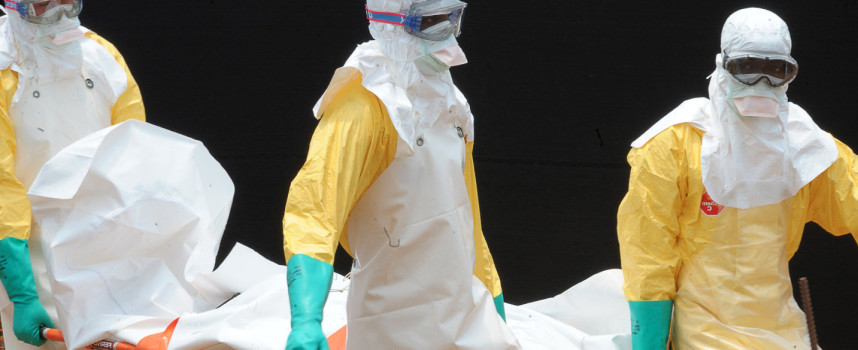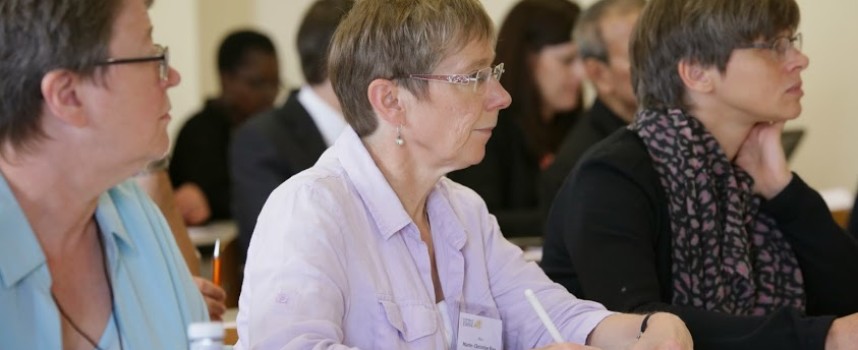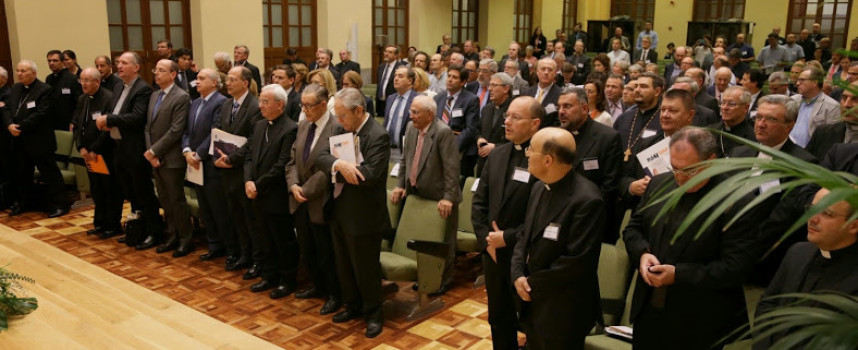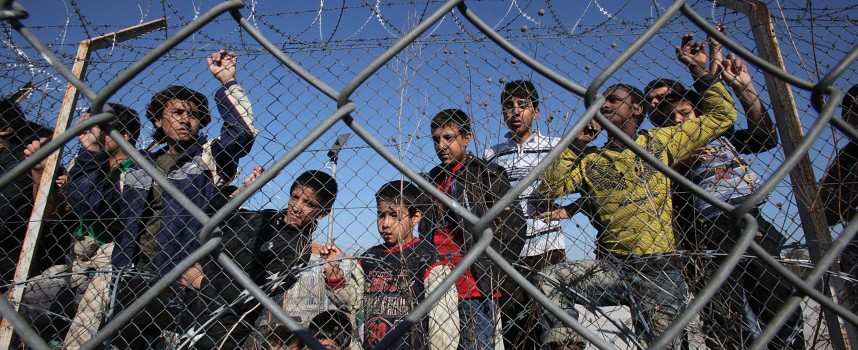Posts From Michele Luppi
EN | IT – Who can really believe that 53 thousand people are a problem for a continent of 500 million people? And an even smaller issue for Europe are the two thousand (2000!) migrants living in the Macedonian and Serbian camps. It is really so that there is no alternative for them than a nerve-wracking and endless waiting?
EN | IT – The recent commemorations of the 20th anniversary of the Srebrenica genocide have shown once again how the Balkans represent a raw nerve in the European collective consciousness. It was not hard to imagine that the celebrations of 11th July would be accompanied by political tensions, but few would have imagined that the clash could involve even the United Nations Security Council.
EN | IT – The dead of Garissa are our dead. Those of Garissa are dead of ours. We should keep on saying it aloud two weeks after the massacre that claimed the lives of 147 students in Northern Kenya, in the big university campus where they studied. Not only because we should consider every dead and, in particular, every victim of terrorism, as our own dead, regardless if they died in Paris or Baga, in Mosul or Tunis, but for the very fact that these young people have been killed by Al-Shabaab Somali warriors as an act of retaliation against the militia engaged in the difficult task of stabilizing Somalia.
EN | IT – What can this Europe give to Africa and other developing countries? It is not the first time that I pose this question considering the many debates that, in recent years, have multiplied on the issue of cooperation to development. A topic which is particularly sensitive in a continent that, despite the economic crisis, is still the largest donor in the world: if we look at 2013, as a whole, the European Union and its Member States have provided more than half of what the Organisation for Economic Cooperation and Development (OECD) defines as “public aid for development,” for a total amount of 56.5 billion Euro, which corresponds to about 0.43% of EU’s GDP.
EN | IT – After nearly four years from the final fall of the Gaddafi regime we cannot hide that the collapse of Libya has been an explosive element for other crises in the continent and to the proliferation of those same groups that today France itself is fighting.
EN | IT – To control migratory flows pouring out of depressed areas and on to Europe, “raising a wall is not enough, nor is cooperation: a long-term strategy is needed”, combining cooperation with troubled countries with the rebuilding of countries “on the verge of total collapse”. These are the words with which the Italian Minister of Foreign Affairs, Paolo Gentiloni, saluted the launch of the Khartoum Process on immigration from Eastern Africa (the so-called EU-Horn of Africa Migration Route Initiative), at the end of the inter-ministerial conference held in Rome on November 28th.
EN | IT – The recent assurances by the World Health Organization (WHO) on the improbability of an epidemic of Ebola in the West were not sufficient. For weeks in Europe and the United States we have witnessed a growing concern for a future extension of the infection. Such a concern, provided it does not turn into alarmism, will certainly help to keep our guard up and step up efforts to contain and combat the disease, but it also brings to light some deep gaps and the usual bias which affects us, on this side of the Mediterranean area, when we look at the African continent.
EN | IT – How many European Catholics – even among the most committed – realized what was staged in Madrid last September 18th-21st? Few, I’m sure, because – with some exceptions – there has been little reference to the second edition of the Social Days for Europe on the very same ecclesial media (not to mention the secular ones). Yet a meeting that was attended by nearly two hundred delegates from 29 European countries would have deserved, by the mere fact of being organized, much more consideration.
EN | IT – “The Church loves Europe and takes on its commitment for Europe”. This is the starting point to report about the Catholic Social Days for Europe in Madrid because, despite the different positions, the pro-Europe choice of the Church is out of the question – today even more than yesterday. And it is no small thing in a time of anti-European pressure and open challenges.
EN | IT – After the recent declarations, the public opinion is keenly awaiting, especially in the States south of the European Union, for the reinforcement of operations in the Mediterranean sea by Frontex, the European agency for external border control. However, there are still serious doubts about what could be the real effectiveness of the new operations, whose announcement has been coldly received by the central and northern European countries, first and foremost by Germany.

